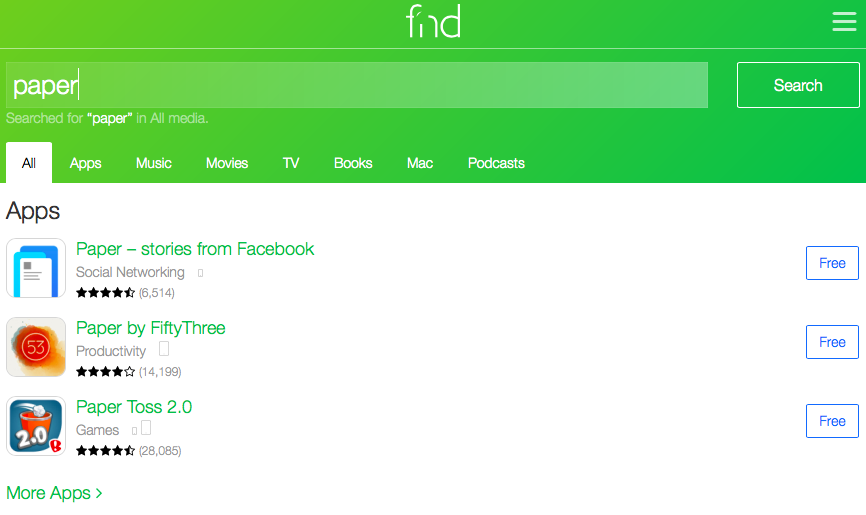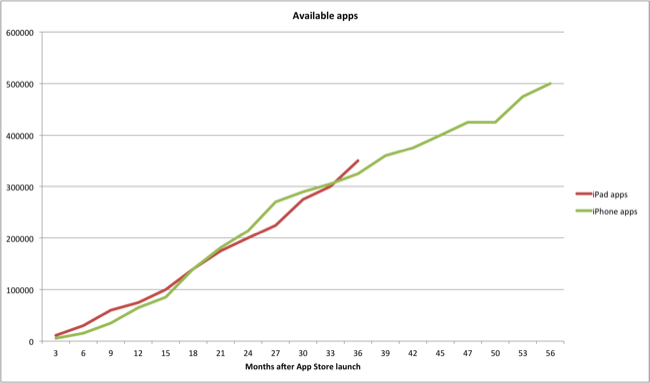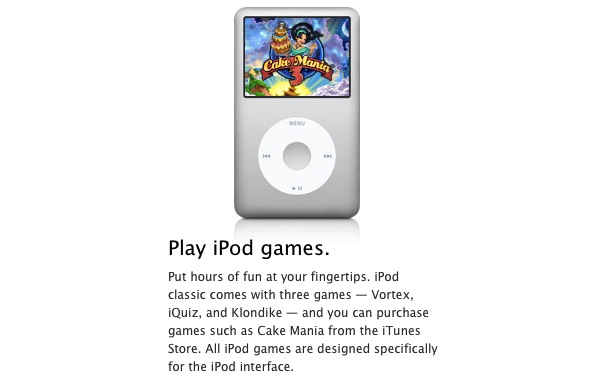As noted by AppleInsider, Apple has removed iPod click wheel games from the iTunes Store, pulling a link to the category from the App Store’s dropdown menu inside iTunes, and also removing listings for those games that users could play on a click wheel-based iPod. It’s not clear when Apple made the change exactly, but it appears to be recent. Apple updates the App Store’s homepage every week with new features, banners and links to special sections, and the removal of iPod Click Wheel Games (which had their very own category) might have been part of a weekly refresh. There were around 50 games for click wheel iPods in the iTunes Store, including classics like Vortex and Klondike, or other titles like Song Summoner by Square Enix.
Click wheel games were compatible with the iPod classic, as well as older versions of the iPod, iPod nano and iPod mini. They allowed users to control games using an iPod’s touch-sensitive click wheel, and they’re still mentioned on Apple’s iPod classic Features page. Development of click wheel games never really took off with third-party developers, as Apple didn’t make a software development kit publicly available.
The FAQ page for iPod Click Wheel Games has been marked as “archived” and “old article” by Apple on September 21, 2011. The article still reports click wheel games are available in the iTunes Store, but old direct links for such games aren’t working anymore, and games no longer appear in iTunes’ search results.
The removal of click wheel games comes amidst rumors of the discontinuation of the classic and shuffle iPod lines, quite possibly with a formal announcement as early as next week at Apple’s October 4th keynote. The iPod classic was rumored to be nearing discontinuation before, as Apple didn’t announce a refresh at last year’s music event in a clear focus on iOS devices (and the updated iPod nano). Apple’s Steve Jobs allegedly confirmed in an email to a customer that they had no intention to cease production of the iPod classic, which remains the only iPod to offer high capacity with 160 GB of storage. Speculation surrounding the iPod suggests Apple would axe the Classic to make room for a new 128 GB iPod touch, although this year’s iPod touch refresh is believed to be a minor one and there have been no signs of a 128 GB iPod touch in the past months. A 64 GB iPhone prototype surfaced earlier this year, if this can be an indication of Apple looking to bump the storage sizes of its iOS devices.
In 2010, the iPod classic was the 5th most popular MP3 player in the United States.





